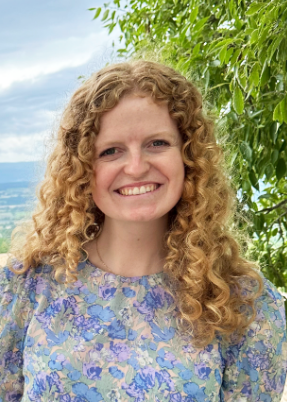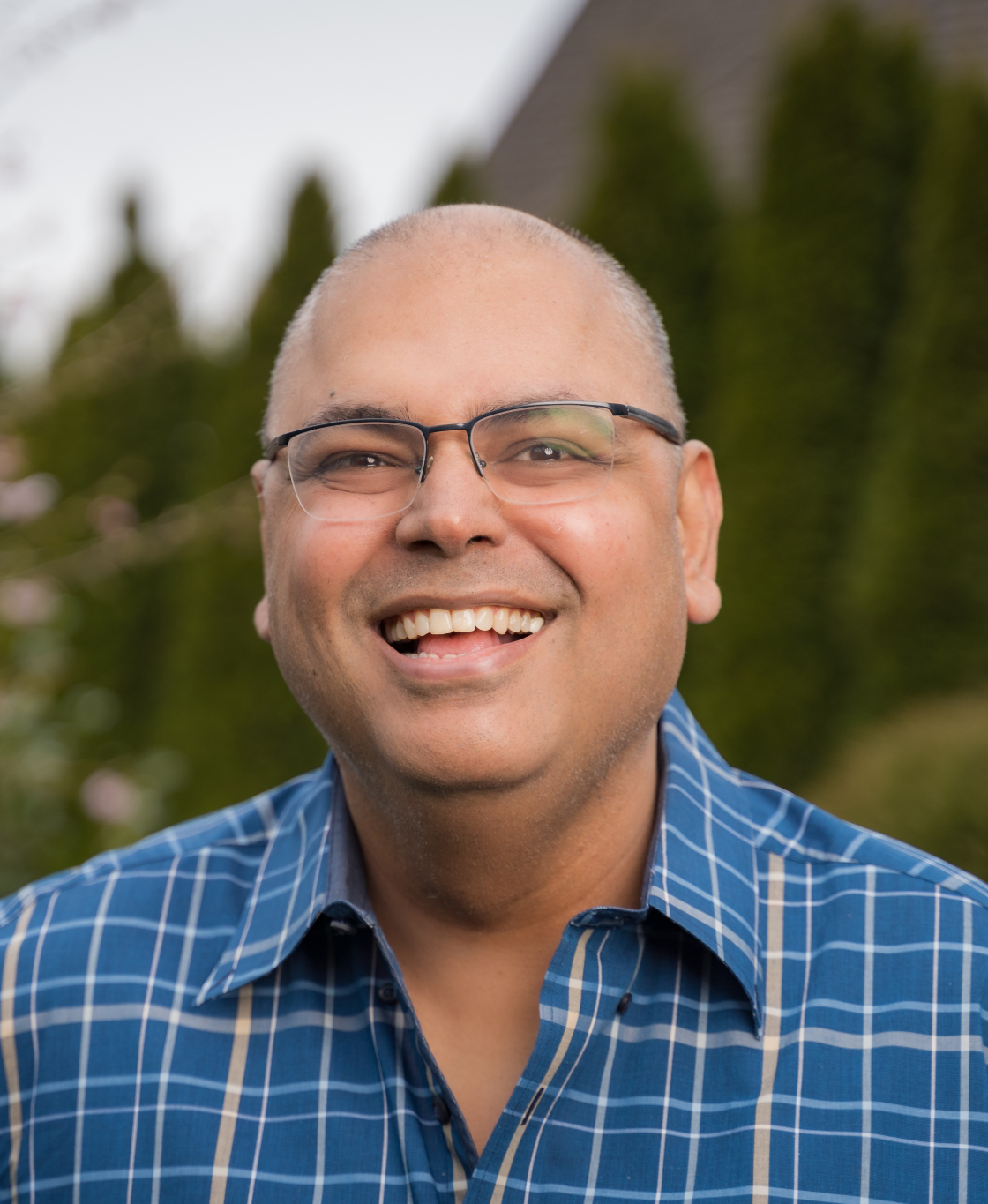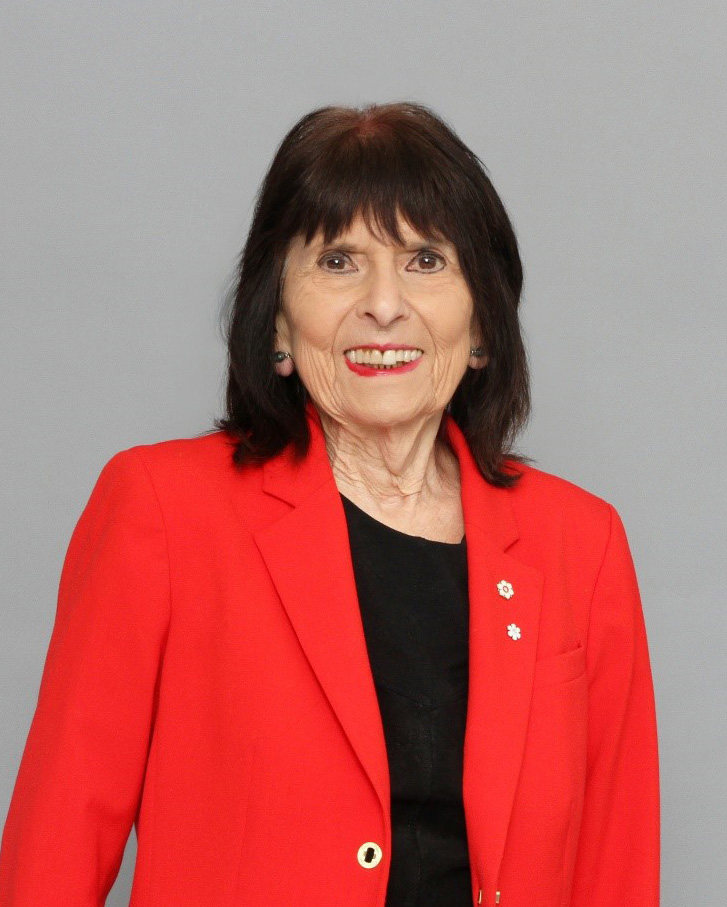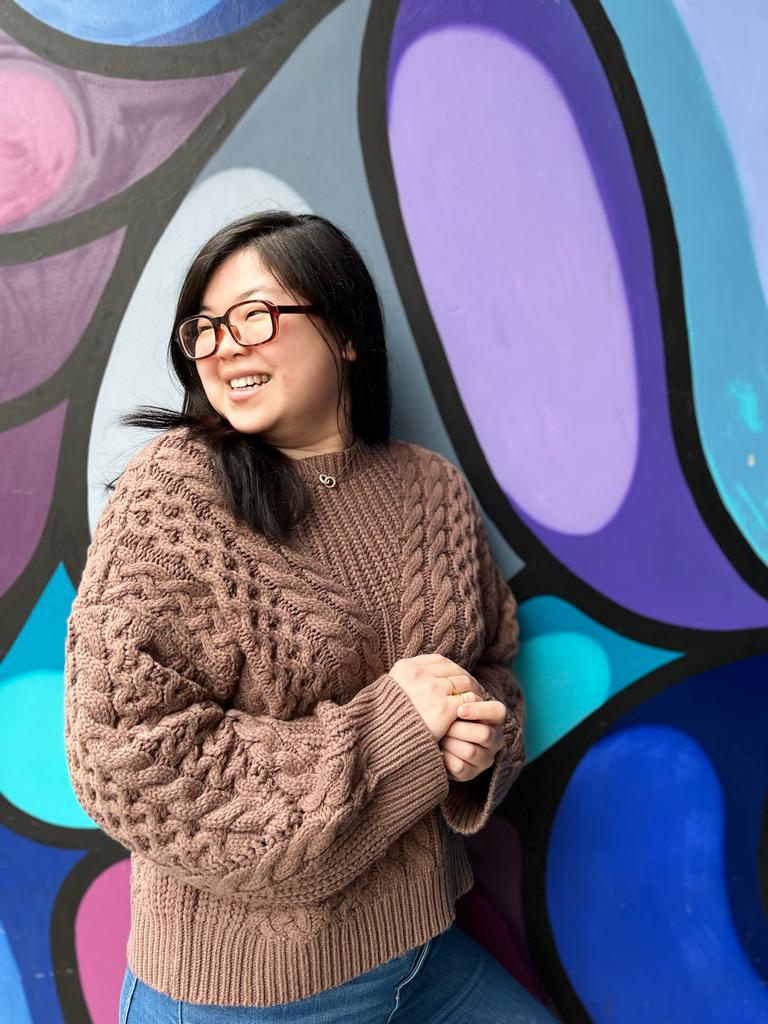Judith McLean
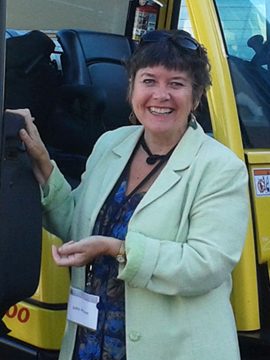
Why did you choose your program at UBC and what did you enjoy most about it?
My boss, a psychiatrist, recommended that I add to my street smarts and deepen my knowledge. I most enjoyed those professors who were passionate about their knowledge and helped me apply it meaningfully.
What were some of your most meaningful experiences at UBC?
I enjoyed most discovering context for oppression, studying Paolo Freire, and recognizing the weight of power and influence.
What choices did you make at UBC that contributed to your career success / journey?
Shifting from psychology to the community development stream of social work helped me learn more about systemic change.
What was your first job after graduation and what other jobs did you have before your current position?
After my bachelors, I coordinated volunteers for the West End Seniors Network. With over 80 volunteers and a dynamic leader, we helped improve the lives of isolated women and men.
Upon receiving my MSW from UBC, the federal government recruited me to manage various Health Canada portfolios for BC and Alberta. I negotiated with provincial and municipal leaders to bring in NOBODY’S PERFECT, a parenting program for high-risk parents; we helped advocate for more resources for those living with AIDS. Within two years I began my company to launch a project hosted by Knowledge Network entitled, Journey to Self Esteem, where I travelled throughout BC to coach community leaders (teachers, nurses, community agents) to address low esteem levels in children, youth, families and seniors.
Is your current career path as you originally intended? What challenges did you face in launching your career?
As a contract trainer, I seldom have the same colleagues and one building to work in. I did not expect to remain a contractor but learned the benefits of project-based work, including more choices, deeper impact, and higher level rewards.
What do you like about your current job and what do you find challenging? How does it relate to your degree?
In teaching for the college, I love witnessing new immigrants with loads of potential and enormous barriers settle and find their worth in new careers.
In conducting seminars and workshops for a major employee assistance benefit company, I feel privileged to share excellent resources with leaders and workers to find balance, improve productivity, and hone their relationship skills.
As a career coach for a national firm representing the financial industry, I assist many workers facing massive layoffs, identity challenges, and provide some hope within a new career path.
From your experience, what has been the value of having an Arts degree?
I think an Arts degree hones our critical thinking skills. We learn not to accept things at face value. We remain vigilant.
Are there any other achievements or activities you would like to highlight?
I enjoyed volunteering for Junior Achievement helping youngsters discover the joys of entrepreneurship in the Surrey School District.
A recent 16-week contract with the United Way in 2017 highlighted the value of charitable giving beyond the money donated but in terms of team building and awareness of difficult circumstances at the neighbourhood and international level.
What advice would you give to students and alumni interested in breaking into your industry?
Learn to live within your means with the income provided in social service work. Explore the varied streams of social change and recognize and work with ethical leaders who have integrity.
What advice would you give your graduating self?
Be more patient and invest more wisely financially.
Judith McLean



Why did you choose your program at UBC and what did you enjoy most about it?
My boss, a psychiatrist, recommended that I add to my street smarts and deepen my knowledge. I most enjoyed those professors who were passionate about their knowledge and helped me apply it meaningfully.
What were some of your most meaningful experiences at UBC?
I enjoyed most discovering context for oppression, studying Paolo Freire, and recognizing the weight of power and influence.
What choices did you make at UBC that contributed to your career success / journey?
Shifting from psychology to the community development stream of social work helped me learn more about systemic change.
What was your first job after graduation and what other jobs did you have before your current position?
After my bachelors, I coordinated volunteers for the West End Seniors Network. With over 80 volunteers and a dynamic leader, we helped improve the lives of isolated women and men.
Upon receiving my MSW from UBC, the federal government recruited me to manage various Health Canada portfolios for BC and Alberta. I negotiated with provincial and municipal leaders to bring in NOBODY’S PERFECT, a parenting program for high-risk parents; we helped advocate for more resources for those living with AIDS. Within two years I began my company to launch a project hosted by Knowledge Network entitled, Journey to Self Esteem, where I travelled throughout BC to coach community leaders (teachers, nurses, community agents) to address low esteem levels in children, youth, families and seniors.
Is your current career path as you originally intended? What challenges did you face in launching your career?
As a contract trainer, I seldom have the same colleagues and one building to work in. I did not expect to remain a contractor but learned the benefits of project-based work, including more choices, deeper impact, and higher level rewards.
What do you like about your current job and what do you find challenging? How does it relate to your degree?
In teaching for the college, I love witnessing new immigrants with loads of potential and enormous barriers settle and find their worth in new careers.
In conducting seminars and workshops for a major employee assistance benefit company, I feel privileged to share excellent resources with leaders and workers to find balance, improve productivity, and hone their relationship skills.
As a career coach for a national firm representing the financial industry, I assist many workers facing massive layoffs, identity challenges, and provide some hope within a new career path.
From your experience, what has been the value of having an Arts degree?
I think an Arts degree hones our critical thinking skills. We learn not to accept things at face value. We remain vigilant.
Are there any other achievements or activities you would like to highlight?
I enjoyed volunteering for Junior Achievement helping youngsters discover the joys of entrepreneurship in the Surrey School District.
A recent 16-week contract with the United Way in 2017 highlighted the value of charitable giving beyond the money donated but in terms of team building and awareness of difficult circumstances at the neighbourhood and international level.
What advice would you give to students and alumni interested in breaking into your industry?
Learn to live within your means with the income provided in social service work. Explore the varied streams of social change and recognize and work with ethical leaders who have integrity.
What advice would you give your graduating self?
Be more patient and invest more wisely financially.
